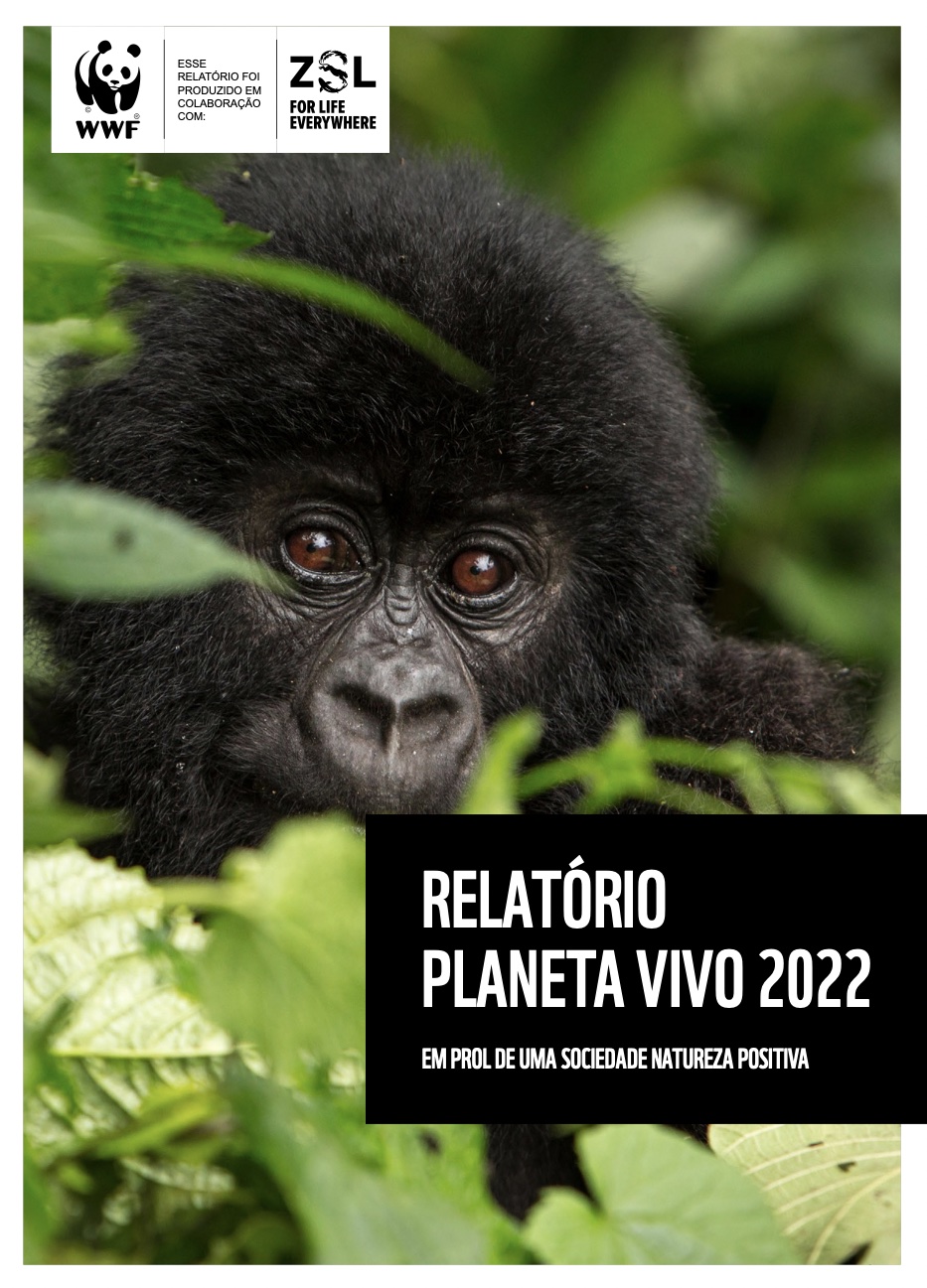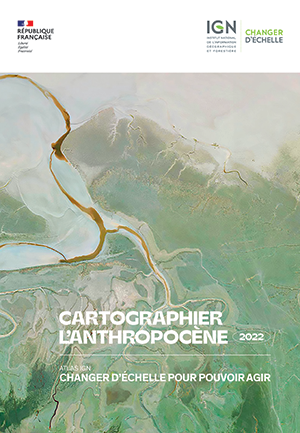Habitat range shift and prediction of the potential future distribution of Ricinodendron heudelotii (Baill.) Heckel in Benin (West Africa)
Ricinodendron heudelotii (Baill.) Heckel is an important nutraceutical reservoir. Its Sustainable exploitation requires information on its potential distribution in the current context of rapid population growth and climate change threats. This study aimed to map the suitable areas for its domestication and conservation under current and future climate conditions in Benin. Occurrence data were recorded and combined with the environmental layers of two climatic scenarios (optimistic RCP 4.5 and pessimistic RCP 8.5) following the biodiversity modelling approach (biomod2).




